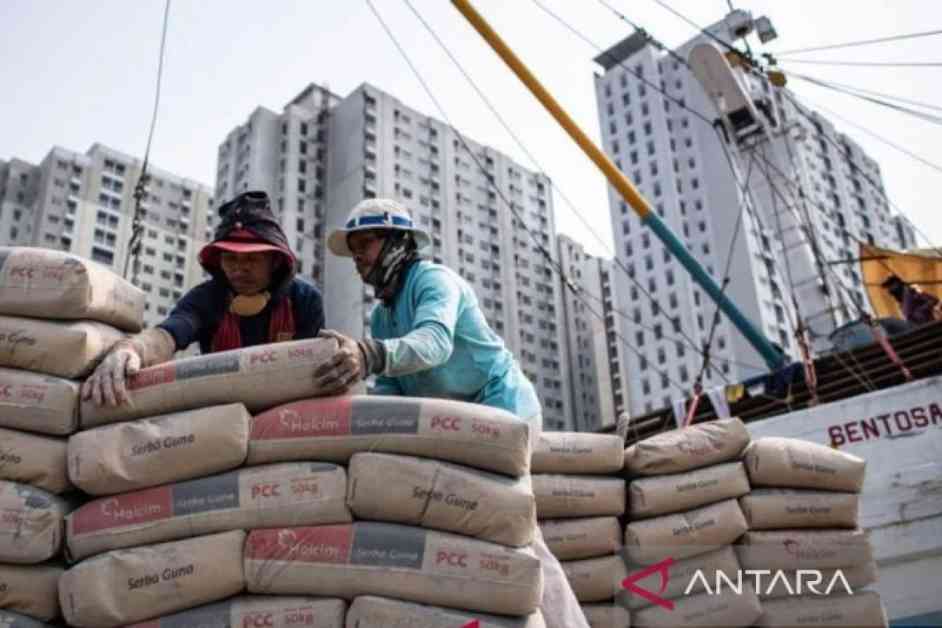The Indonesian government’s ambitious plan to construct 3 million houses annually is poised to not only meet the housing needs of its people but also provide a significant boost to the demand for cement in the country. This monumental initiative, spearheaded by President Prabowo Subianto, is a top priority that aims to address the surplus supply of cement while stimulating economic growth on a national scale.
Special envoy for climate change and energy, Hashim Djojohadikusumo, emphasized the crucial role of this housing program during a recent announcement. As the younger brother of President Prabowo, Hashim expressed unwavering confidence in the program’s continuity as long as his brother remains at the helm of the government.
The economic implications of this housing initiative are profound, with Hashim highlighting its potential to serve as a key economic stimulus with a multiplier effect that can significantly enhance public consumption. Notably, a strategic partnership with Qatar has been secured to finance the construction of 4 to 6 million housing units, underscoring the international interest and support for this monumental endeavor.
International Collaborations Driving Economic Growth
In addition to Qatar’s commitment, Indonesia has also solidified bilateral cooperation with the United Arab Emirates (UAE) to build 1 million houses. Hashim further underscored the growing interest from countries like China, Turkey, India, and Singapore, signaling a global recognition of the economic opportunities tied to Indonesia’s housing sector. These collaborations are not only set to address the housing shortage but are also poised to invigorate 185 economic sectors, including the cement industry, driving robust economic growth.
Minister of Housing and Settlement Areas, Maruarar Sirait, shed light on the influx of foreign investors drawn to Indonesia’s housing program. While significant progress has been made in securing partnerships, he emphasized the need for sustained efforts to solidify these collaborations. The housing budget for 2025, totaling Rp5.07 trillion (over US$311 million), includes earmarked funds for the development of Nusantara, Indonesia’s new capital in East Kalimantan, showcasing the government’s strategic vision for holistic urban development.
President Prabowo’s directive to optimize state assets, including land seized in corruption cases, for the construction of housing for low-income individuals underscores the government’s commitment to inclusive and sustainable urban development. This multifaceted approach not only addresses the housing crisis but also leverages existing resources to create a more equitable society.
Pursuing Sustainable Development in Construction
As Indonesia embarks on this ambitious housing program, the focus on sustainable and green development is paramount. Decarbonizing cement and adopting green construction practices are key priorities to mitigate the environmental impact of rapid urbanization. By embracing eco-friendly alternatives and innovative technologies in construction, Indonesia is poised to set a new standard for sustainable urban development.
The government’s shift towards green cement for construction projects, particularly in Nusantara, reflects a broader commitment to environmentally conscious practices. By prioritizing sustainability in construction, Indonesia is not only addressing the immediate housing needs of its population but is also laying the groundwork for a greener, more resilient future.
In conclusion, Indonesia’s housing program stands as a testament to the government’s unwavering commitment to economic growth, social equity, and environmental sustainability. As international collaborations and strategic partnerships drive progress in the housing sector, Indonesia is poised to emerge as a global leader in sustainable urban development. By harnessing the potential of the cement industry and prioritizing green construction practices, Indonesia is paving the way for a brighter, more inclusive future for its citizens.






















